Evan Gershkovich, Paul Whelan released in Russia-West prisoner swap
U.S. journalist Evan Gershkovich and ex-U.S. Marine Paul Whelan returned to the United States on Thursday, hours after being freed from Russian detention in the biggest prisoner exchange between the two countries since the Cold War.
The White House said it negotiated the trade with Russia, Germany and three other countries. The deal, negotiated in secrecy for more than a year, involved 24 prisoners - 16 moving from Russia to the West and eight sent back to Russia from the West.
They included Vadim Krasikov, convicted of murdering an exiled dissident in Berlin, the German government said.
U.S. President Joe Biden hailed the deal as "a feat of diplomacy and friendship" and praised Washington's allies for their "bold and brave decisions."
Biden and Vice President Kamala Harris greeted freed Americans Gershkovich, Whelan and journalist Alsu Kurmasheva, as well as Russian-British dissident and U.S. resident Vladimir Kara-Murza, as they arrived at Joint Base Andrews, Maryland, shortly before midnight (0400 GMT).
Russian President Vladimir Putin met the prisoners returning to Russia on their arrival in Moscow, saying they would be given state awards.
"Today is a powerful example of why it's vital to have friends in this world," Biden said earlier at the White House, flanked by relatives of freed prisoners.
Biden expressed gratitude to German Chancellor Olaf Scholz, who made the politically difficult choice to release Krasikov.
The deal provides the Biden administration with a marquee diplomatic success as the U.S. presidential campaign, pitting Harris against Republican former President Donald Trump, enters its final months.
Still, the multi-country deal appeared to be a one-time exchange that does not reset the antagonistic U.S.-Russia relationship.
U.S. deputy national security adviser Jon Finer said U.S.-Russia ties remain "in a very difficult place" despite the prisoner swap. "There was no trust involved in this relationship or negotiation," Finer told CNN.
Critics said the freeing of Russians convicted of serious crimes could encourage more hostage-taking by U.S. foes.
"I remain concerned that continuing to trade innocent Americans for actual Russian criminals held in the U.S. and elsewhere sends a dangerous message to Putin that only encourages further hostage taking by his regime," Michael McCaul, the Republican chair of the U.S. House Foreign Affairs Committee, said in a statement.
Trump, who said he did not have details of the swap, asked whether "murderers, killers, or thugs" were released. "Just curious because we never make good deals, at anything, but especially hostage swaps," the presidential nominee said on social media.
Also involved in the deal were Poland, Slovenia, Norway and Belarus. Turkey coordinated the exchange.
The Kremlin said in a statement its decision to pardon and free prisoners "was made with the aim of returning Russian citizens detained and imprisoned in foreign countries."

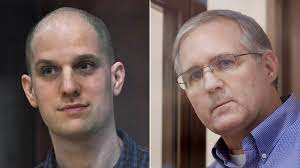
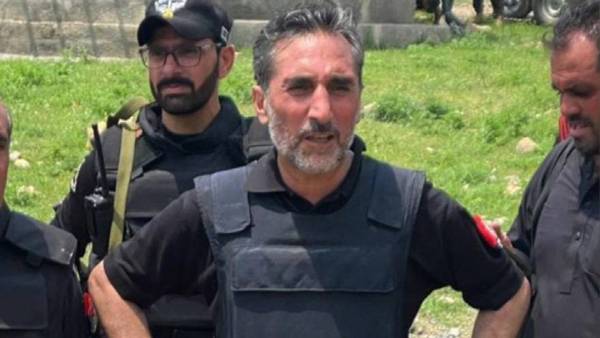

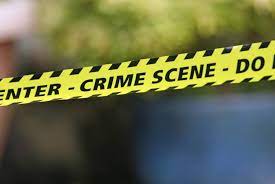
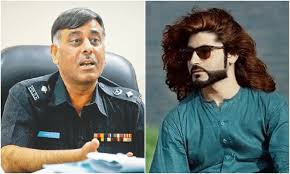

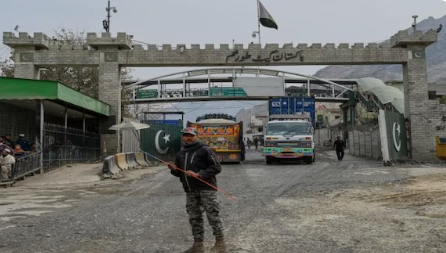
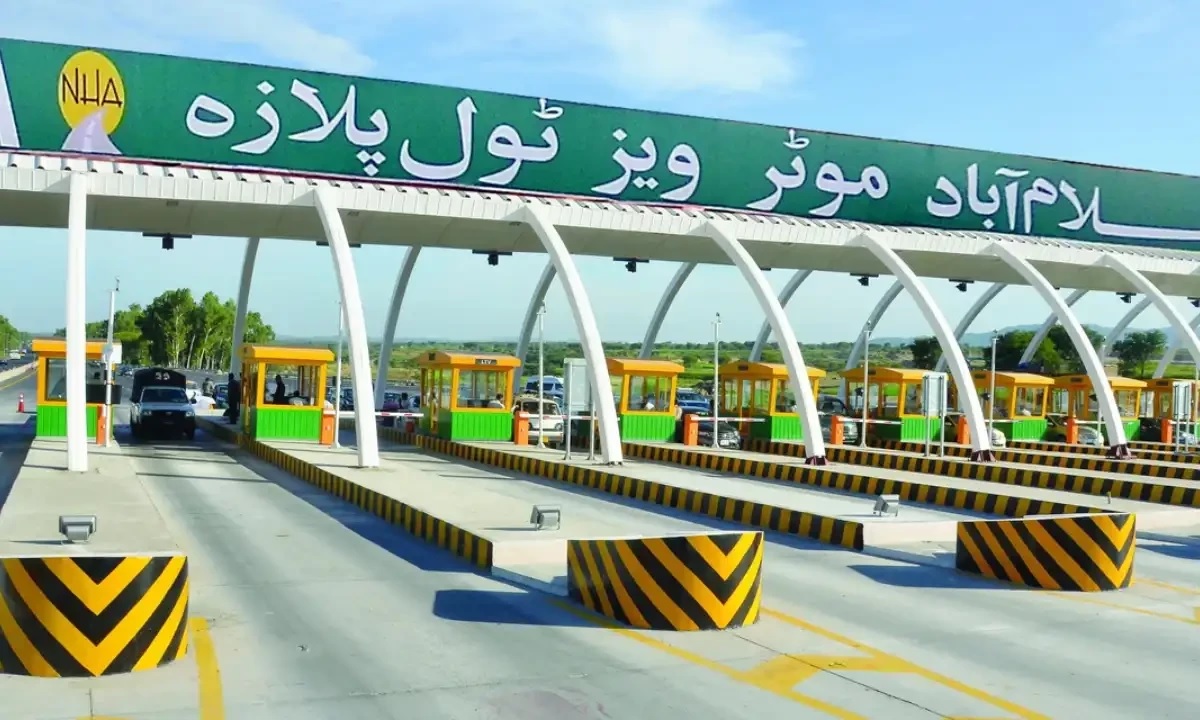
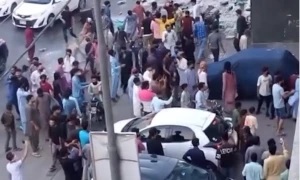
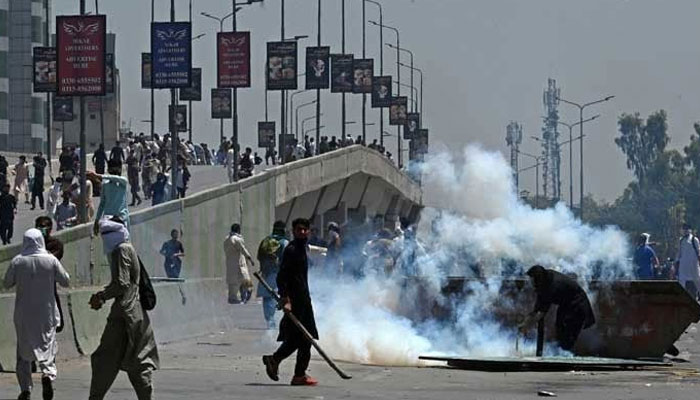
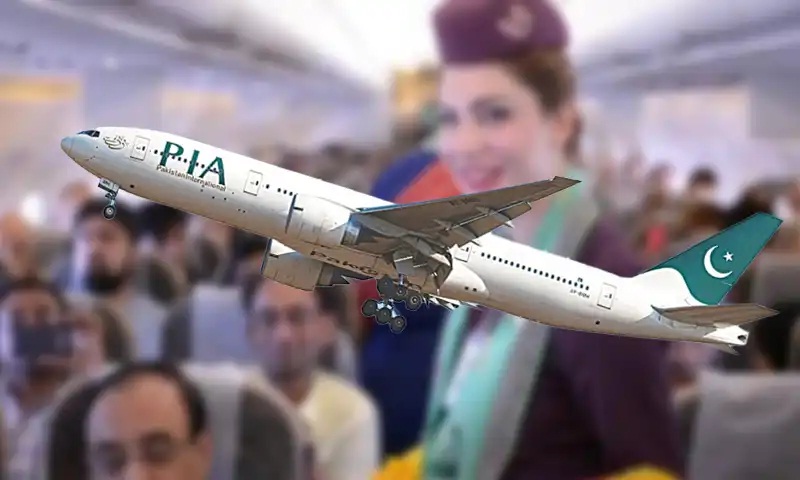

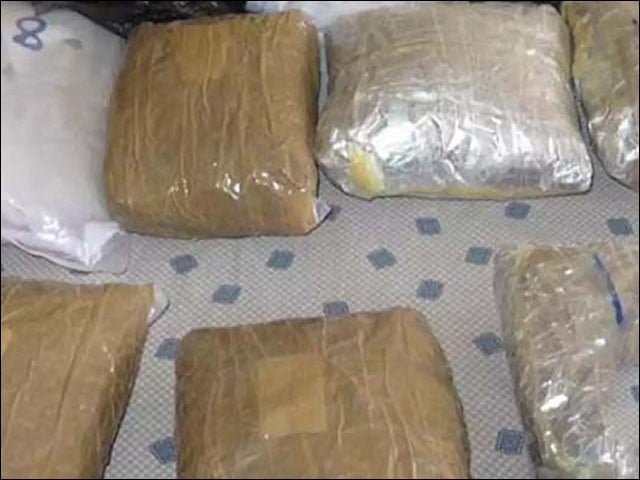
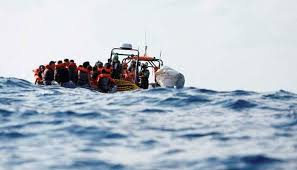
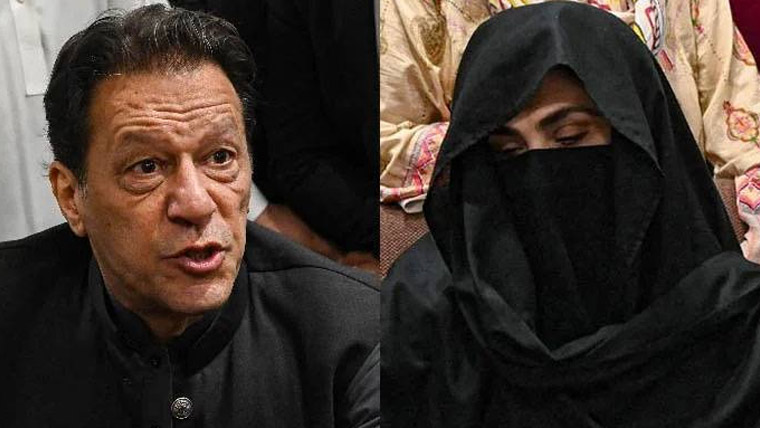
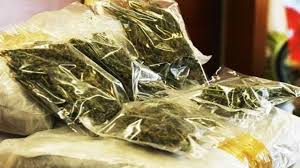
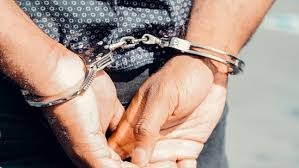
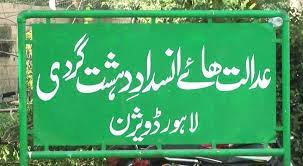
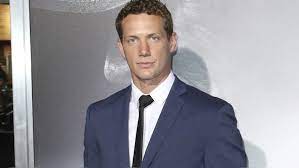
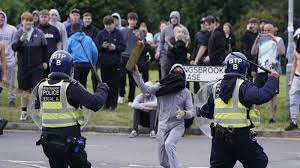
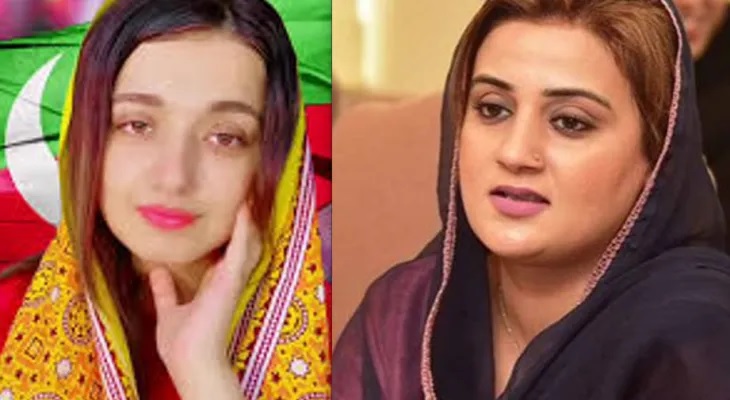
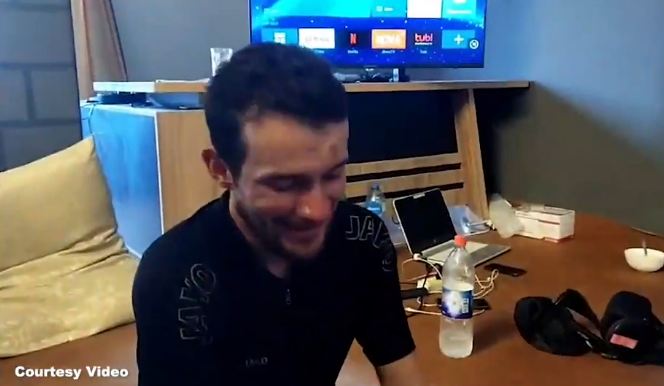
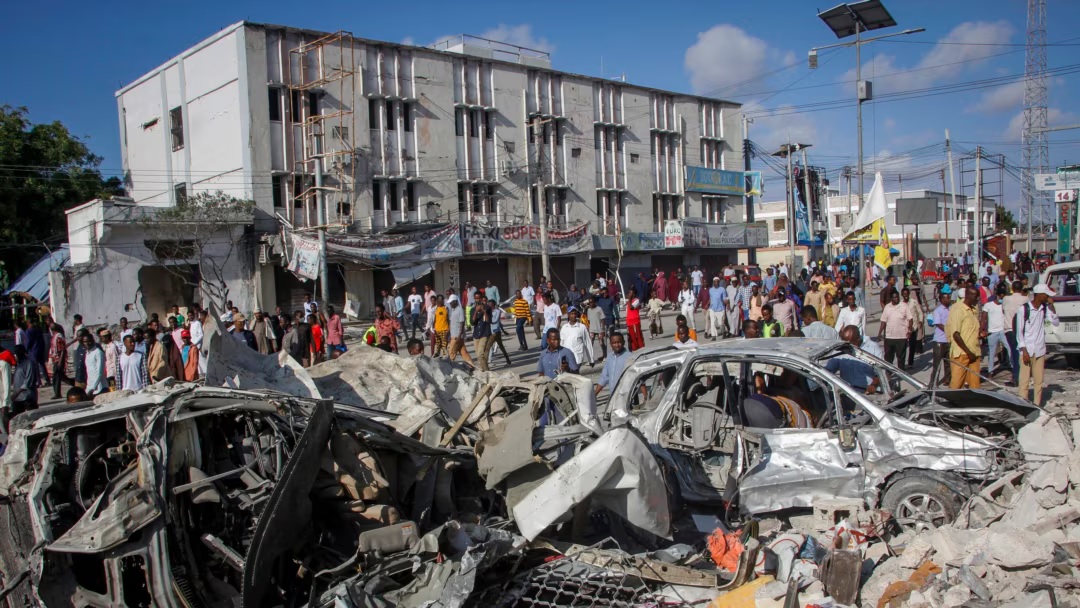
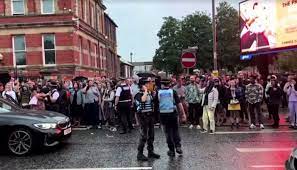
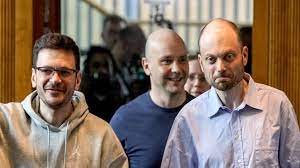
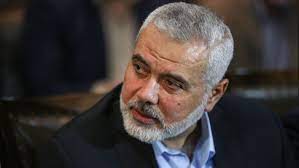
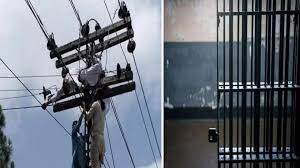
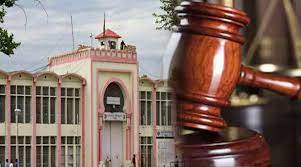
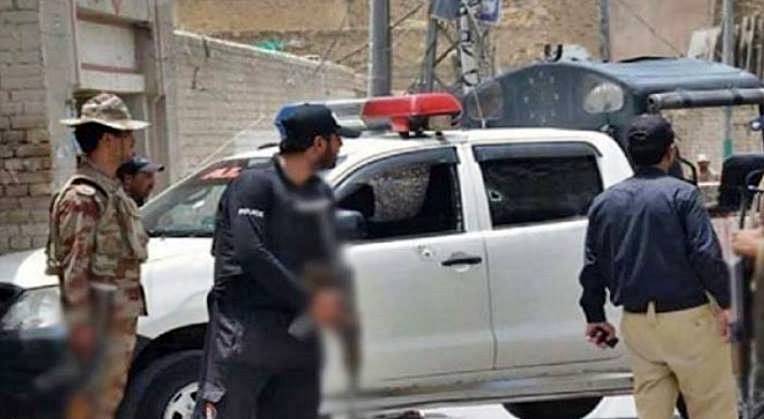
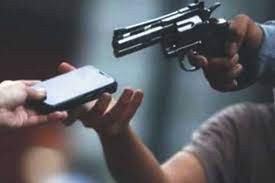
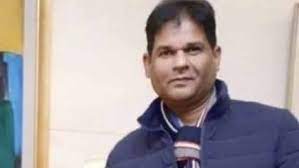
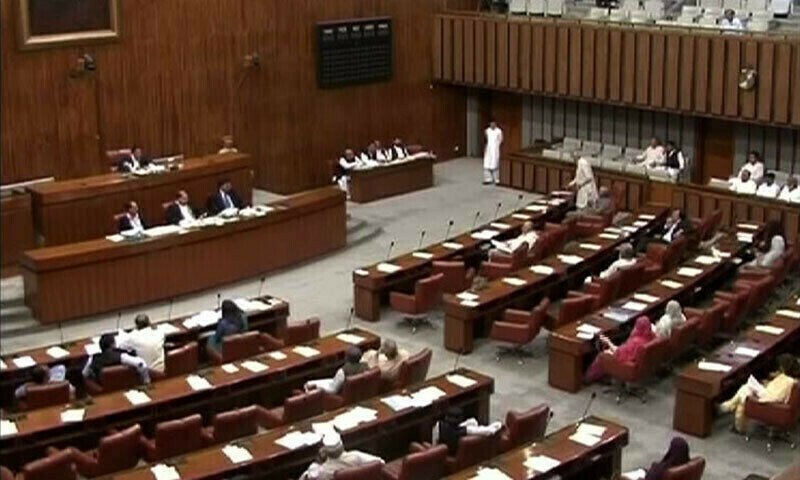
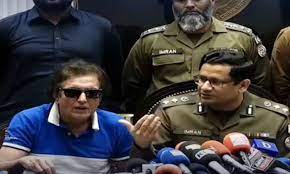
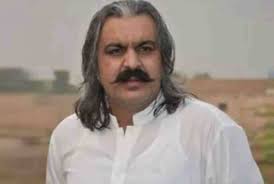
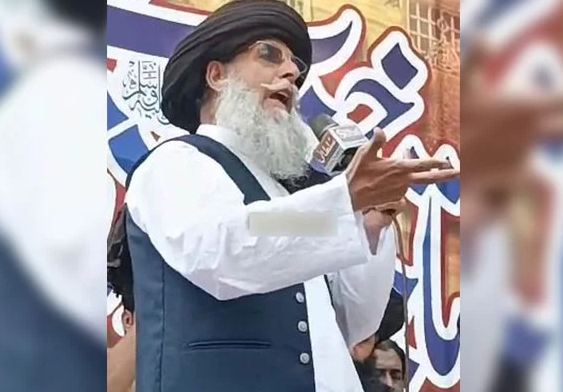


Leave A Comment